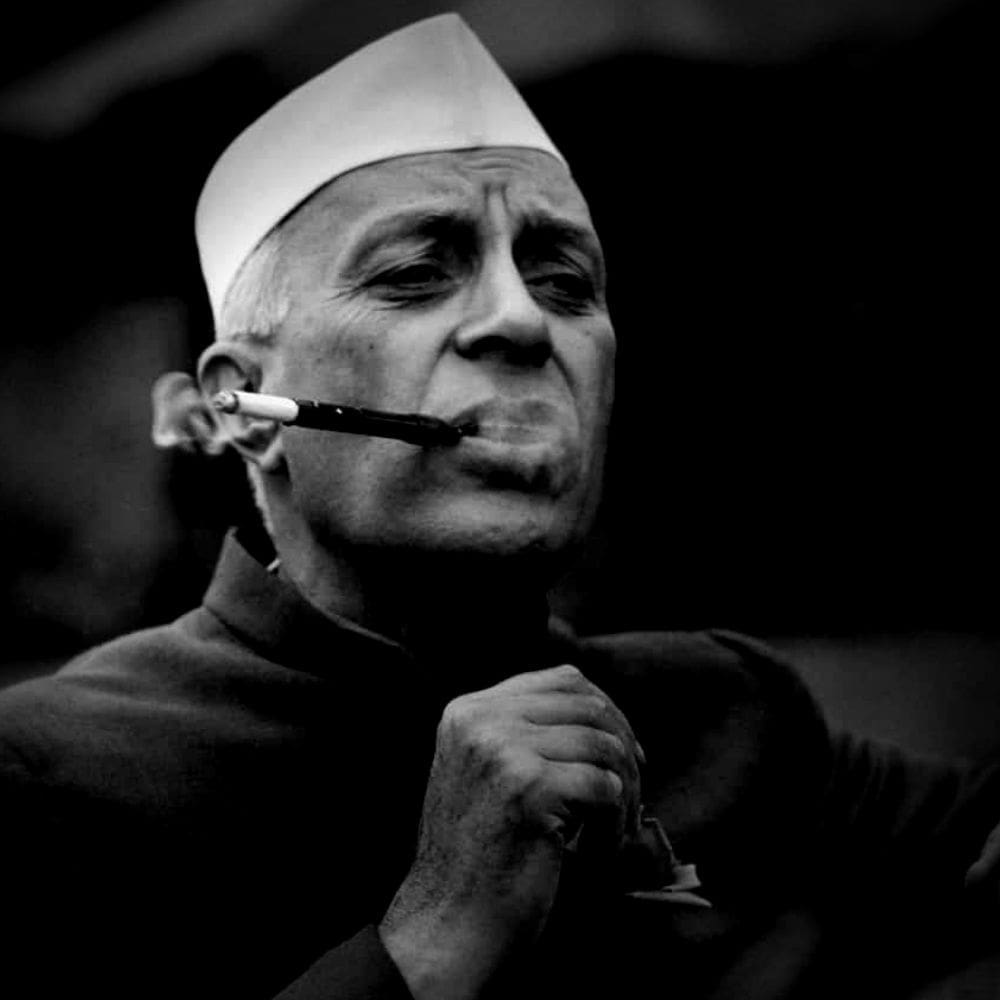PANCHSHEEL—SELLING TIBET; HARMING SELF
“This great doctrine [Panchsheel] was born in sin, because it was enunciated to put the seal of our approval upon the destruction of an ancient nation which was associated with us spiritually and culturally… It was a nation which wanted to live its own life and it sought to have been allowed to live its own life …”
—Acharya Kriplani
Despite what China did to Tibet, India signed the ‘Panchsheel Agreement’ with China on 29 April 1954. The agreement itself was titled “Agreement on Trade and Intercourse between the Tibet region of China and India” thus acknowledging Tibet as a part of China. India gained nothing through the Agreement, and all benefits accrued to China. Chinese leaders must have been laughing at the naivete of the Indian leadership.
India did not even insist on prior settlement of borders. Reportedly, Girija Shankar Bajpai of the External Affairs Ministry had advised on settlement of the borders prior to the signing of Panchsheel, but his suggestion was ignored by all the three concerned: KM Panikkar, Krishna Menon, and Nehru. Our ambassador to China, KM Panikkar, was later derisively referred to as “ambassador of China”.
Dalai Lama wrote poignantly in his autobiography, “Yet I was conscious that outside Tibet the world had turned its back on us. Worse, India, our nearest neighbour and spiritual mentor, had tacitly accepted Peking’s claim to Tibet. In April 1954, Nehru had signed a new Sino-Indian treaty which included a memorandum known as Panchsheel …According to this treaty, Tibet was part of China.”
Acharya Kripalani had said on the floor of the Parliament in 1954: “Recently we have entered into a treaty with China [Panchsheel]. I feel that China, after it had gone Communist, committed an act of aggression against Tibet. The plea is that China had an ancient right of suzerainty. This right was out of date, old and antiquated. It was never exercised in fact. It had lapsed by the flux of time. Even if it had not lapsed, it is not right in these days of democracy by which our Communist friends swear, by which the Chinese swear, to talk of this ancient suzerainty and exercise it in new form in a country which had and has nothing to do with China… England went to war with Germany not because Germany had invaded England, but because it had invaded Poland and Belgium…”
Dr Ambedkar disagreed with the Tibet policy of India and felt that “there is no room for Panchsheel in politics”. He said that “if Mr Mao had any faith in the Panchsheel, he certainly would treat the Buddhists in his own country in a very different way.”
Dr Ambedkar also commented: “The Prime Minister has practically helped the Chinese to bring their border down to the Indian border. Looking at all these things it seems to me that it would be an act of levity not to believe that India, if it is not exposed to aggression right now, is exposed to aggression…”
Wrote Walter Crocker in ‘Nehru: A Contemporary’s Estimate’: “India, step by step, renounced the hard-won special position in Tibet which Britain had bequeathed to her, and she accepted Chinese suzerainty in principle and Chinese sovereignty in fact. Nehru dismissed the notion of Tibet as a buffer state—‘A buffer between whom?’—and described India’s previous special position there as an outmoded relic of imperialism. India’s renunciation was sealed in a series of Sino-Indian agreements, the most important being the Agreement on Trade and… signed in 1954 [Panchsheel]…”
India did this despite its own stand to the contrary earlier. The flag of Tibet was put up on 15 August 1947 in the Parliament, acknowledging Tibet as a separate nation. Right up to 1949, Nehru, in his official communications, used words like the Tibet Government, our two countries, and so on, leaving no doubt that India recognised Tibet as a separate, independent nation.
Panchsheel is actually a most eloquent example of the naivety of the Indian diplomacy and a shining example of what an international agreement should NOT be! Yet, upon criticism of the Panchsheel in parliament, Nehru had brazenly stated that in the realm of foreign affairs he could never take so much credit as for the India-China settlement over Tibet! An amazingly self-deluding assertion indeed!!


